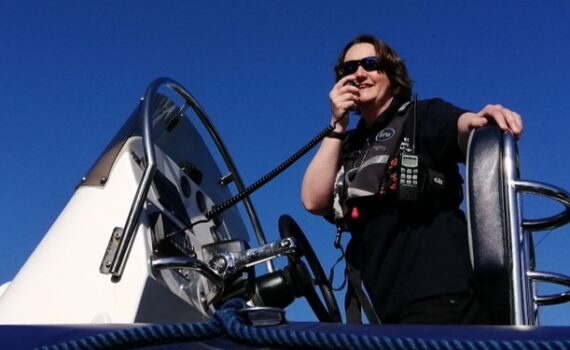
Preparations for Back to Boating
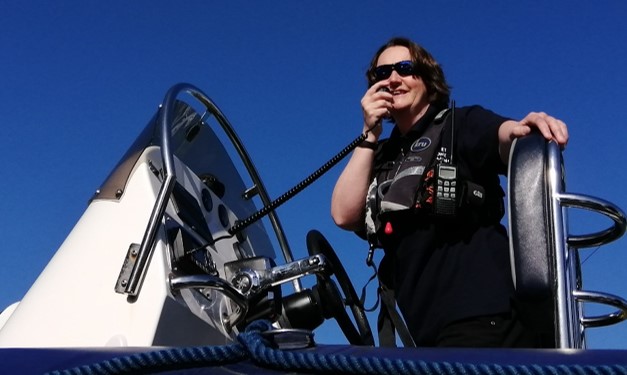
Preparations for Back to Boating
Our Preparations for Back to Boating Presentation last week looked at many different topics to consider before we get back on the water.
What boat?
Initially we need to think about what boat are we going to use.
Do we already have a boat, will we be buying or renting? If buying its worth being aware that the Brokers are incredibly busy at the moment and you will probably need to be a in a position to move fast. Talk to them in advance rather than just ringing up about adverts. We work closely with Parkstone Bay Yachts but other local brokers include Bates Wharf, Gibbs and Yachts Co.
If you are looking to rent then will you be looking to rent in an ad hoc basis or instead looking at boat membership schemes? If looking to hire a Rib we may be able to help (people we have trained), for more accessible boats you could talk to Esther at Poole Boat Hire and if looking at membership then The Boat Club have either a membership scheme or a part ownership option.
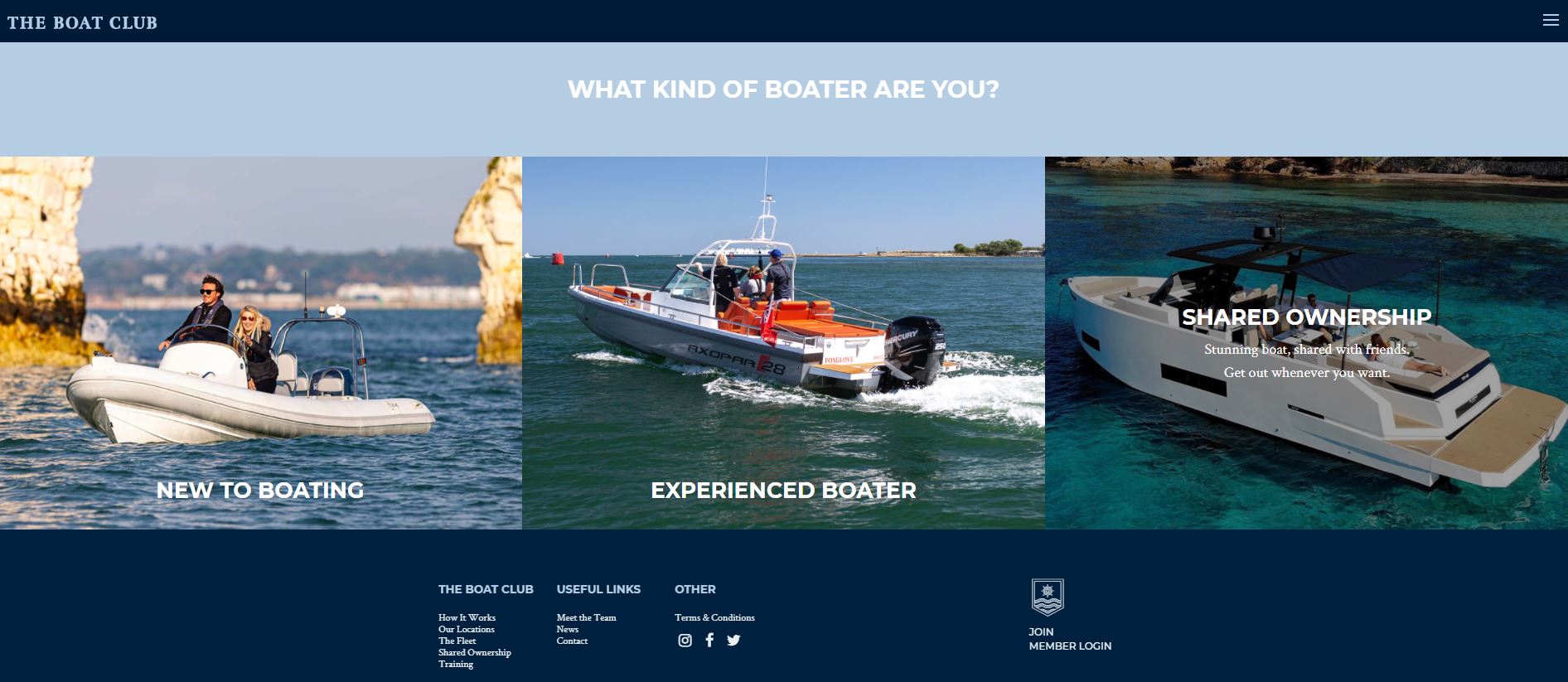
Storage
If its our own boat, where do we plan to keep it? We could consider driveway storage and towing to slipways, marinas, swinging moorings or becoming part of a club who often have reasonable storage options. Some clubs are purely sail but many take motorboats as well. When considering the options there are a number of considerations. Do you have time to launch and recover? Would you prefer to have paid professional staff on site? Perhaps you want a DIY approach?
Paperwork
Do you have the necessary licenses? Most of us who own a boat will need to look at harbour dues and possible Crown Estate fees. Don’t forget permits such as water-ski, ‘jetski’ or commercial registrations. It is important and often mandatory that you have insurance for your boat or watercraft.
For those with small watercraft add a label which gives your emergency details in case your paddleboard, dinghy or kayak is found afloat.
It’s a good time to check details on your Ships radio and operators ‘licence’ are up to date as well. Do a radio check at the start of the season, perhaps with your marina, another local boat or your local NCI on Channel 65. It’s a great idea to have a Mayday prompt card by your radio in case you or your crew need to make an emergency call. If you haven’t taken your VHF course, make it a priority to get booked in now.
Check any other paperwork you are required to hold such as ICC’s for those boating abroad, professional qualifications for those working on the water and check your insurance to see if they make any specific requirements. Check whether anything needs updating.
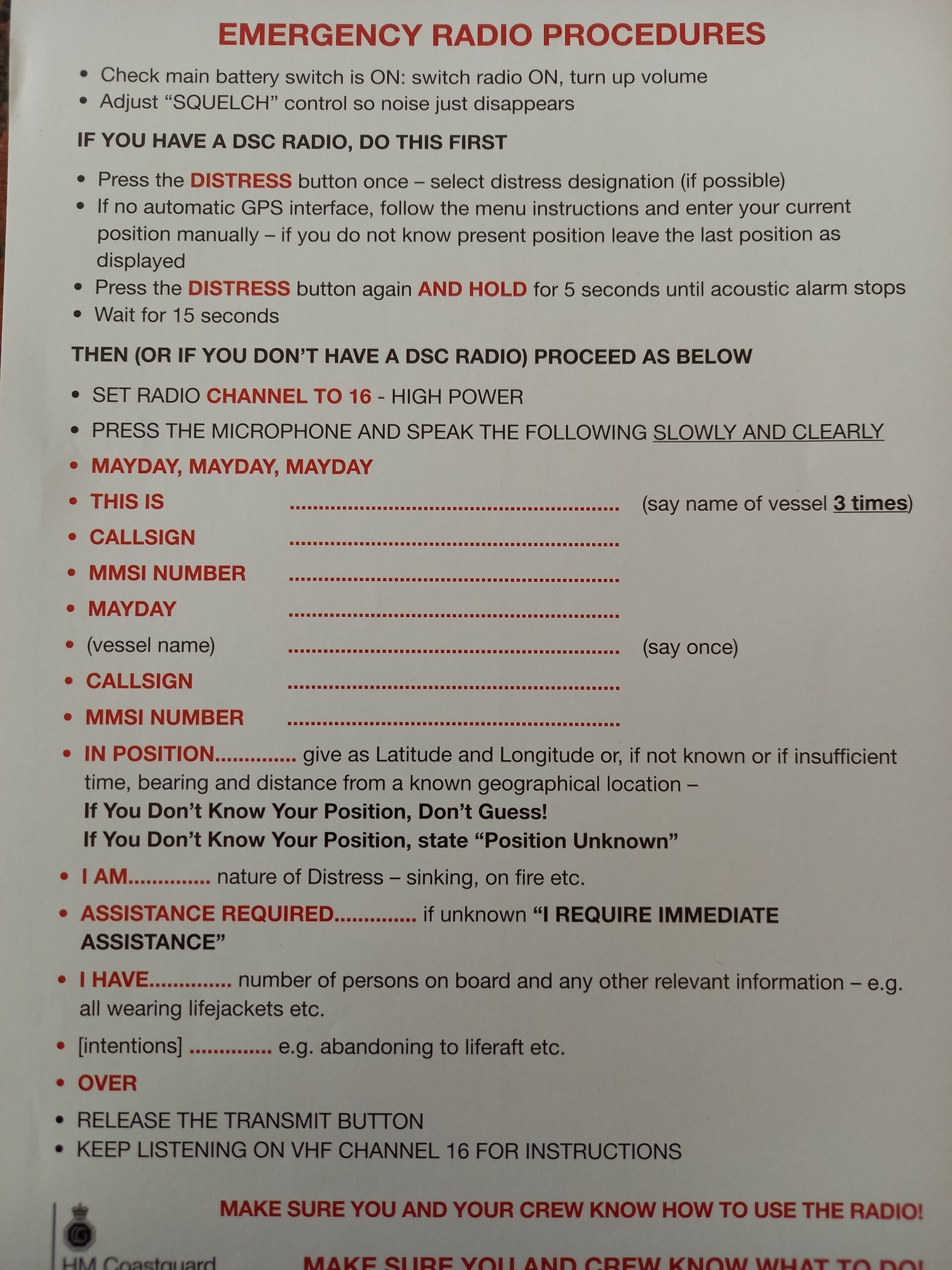
Checklists
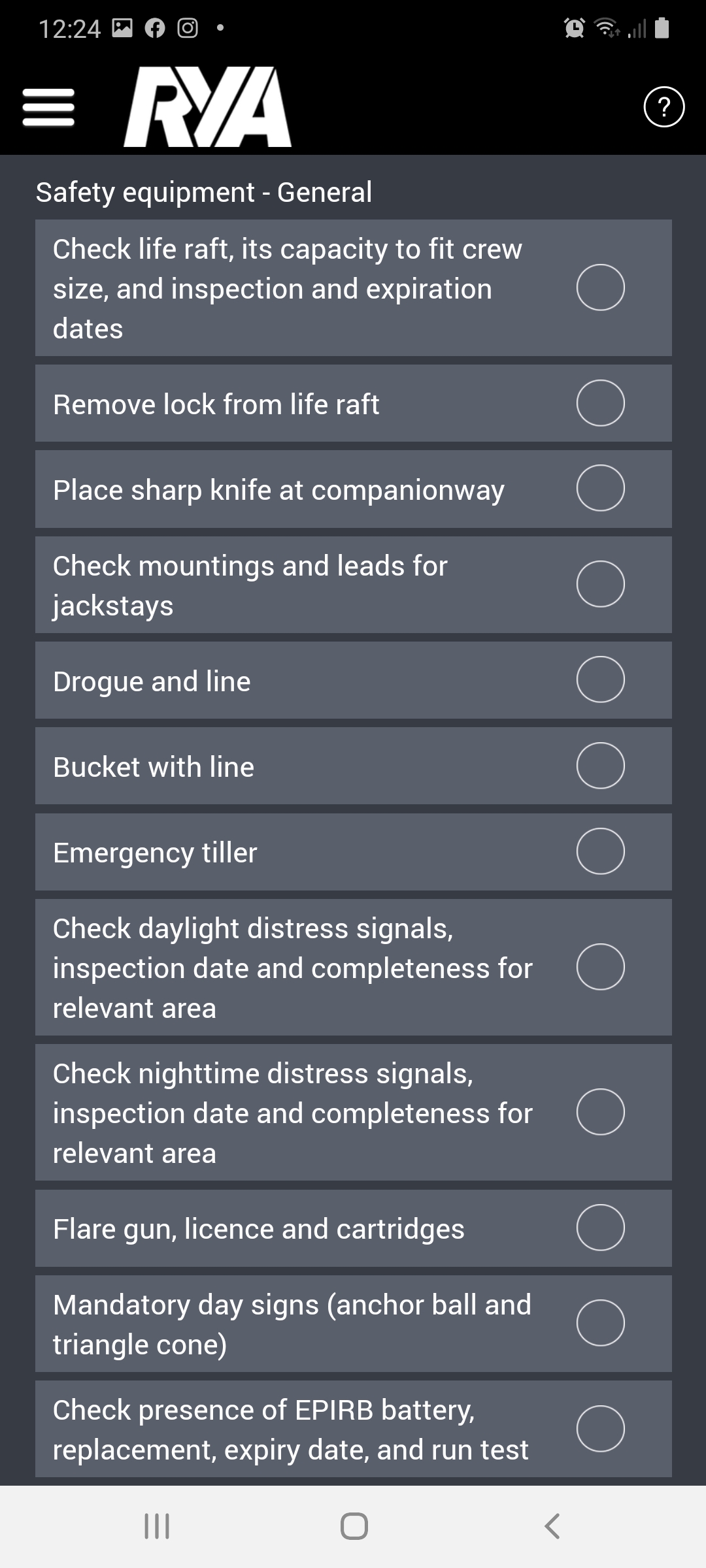
If it has been a while since you last went boating, it’s a great idea to start compiling checklists now. Checklists for boat equipment and personal kit. But also, safety briefing reminders and checks to be done before you go afloat. If you’ve ever played the game where you view objects on a tray and then an item or two are removed and you have to remember them, you’ll see the importance of lists. It is hard to notice what is missing. Checklists come from a variety of sources. For those of us using commercial boats we will have formal checklists. If you are a leisure boater you could write you own, view the ones we use or use the checklist function in the Safetrx app. It is important you take the time to compile your own list as the equipment you take will be different for each person.
Don’t forget things such as bench seats, pumps and the floor boards if you are a SIB user!
Now you’re compiled your list it important to check the items. Is the list still appropriate? It may be that you need to replace items due to wear or expiry dates. Items to check for expiry dates include lifejacket canisters, flares, first aid kits, fire extinguishers, liferafts and perhaps provisions. Comment below with other things that may expire on board.
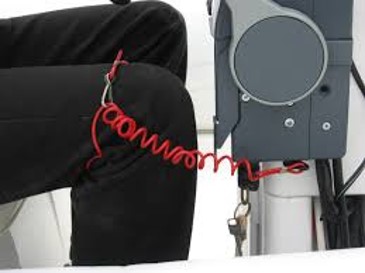
Check safety kit such as Killcords and Liferafts to remind yourself of use and ensure they are in good condition Make sure that any items that require servicing are checked. Further info on Killcords available here.
Also have a think about equipment that may be subject to mice attacks over the winter. Check inflatable boats, drysuits, and sails amongst others!
If you’ve updated any equipment make sure your Safetrx registration is up to date. Also check MMSI numbers for VHF radios.
Apps and Safety Information
Check your phone now and make sure apps are up to date and working. Most boaters will have a number of apps on their phones ranging from weather and tides through to knot tying and navigation.
Check your Safetrx profile to make sure it is up to date. Have you uploaded a photo of your boat? Added your emergency contacts? Included a vehicle registration etc. The Safetrx app is not just for trips but also acts as a registration scheme with emergency details.
Boat checks
Engines: Take the time now to complete engine checks and servicing. Familiarise yourself with the work you can complete yourself and recognise when you need a professional. Consider keeping some spares in if you are capable of basic repairs.
Think about fuel. Is there any risk of water in the tank from condensation? Is the fuel fresh? It is worth thinking about fuel stabilisers but seek advance from your mechanic.
For inboard engines think about acronyms you can use to make checks easy to remember. A popular one is WOBBLED but you may well have your own version. Water, Oil, Belts, Bilges, Electrics, Look around and Diesel. Hopefully, this will mean something to you if you have been on a course with us!
Its is important to check anodes and replace them if needed. Have a check of seals and sea cocks to ensure they are working. Don’t forget to check wiper blades if you have a cabin boat – a bugbear of Dom’s is broken wiper blades!
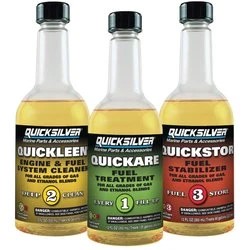
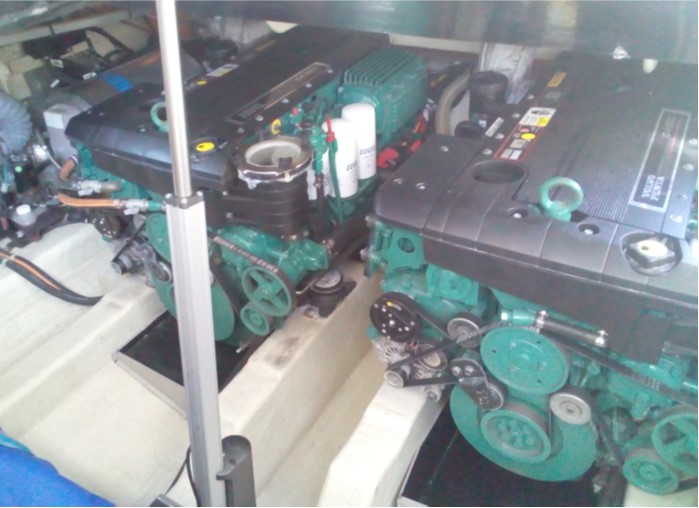
Sails
Are they still in good condition? Check the rigging and components such as shackles and boom fittings ahead of your first sail. I am ashamed to admit that I was lucky on my first sail of the season in my dinghy last year when I realised a boom fitting had come adrift – easily done without through checks. For yachts have a check of the mast to ensure radar reflectors and VHf aerials are still in tact and for all boaters don’t forget a radio check.
Navigation – Chart Plotters, Electronic and Paper Charts
I think its fair to say that many of us use some form of electronic navigation on board our boats. Whether you use an app on your phone or have a chart plotter we must keep them up to date. Remember these are a backup. Just as you would keep paper charts up to date so too would you with electronics. Some you will need to take a card and update it, others can be done on wifi. If you don’t update them be aware of changes! For example, within the last couple of week, PHC have issued a LNTM advising that they have removed one of the buoys. Quite important to know!
You can update your paper charts by visiting the website of the publisher. For example for Imray charts take a look at this link
Tide tables: for Poole and Christchurch the tide tables with the graph are by far the most useful. It’s a great idea to keep a copy with your boat kit. If you are relying on electronic tide tables, consider Easytide provided by the UKHO Office. Double check the tides as cached pages can affect the results seen. Remember to correct for BST if needed!
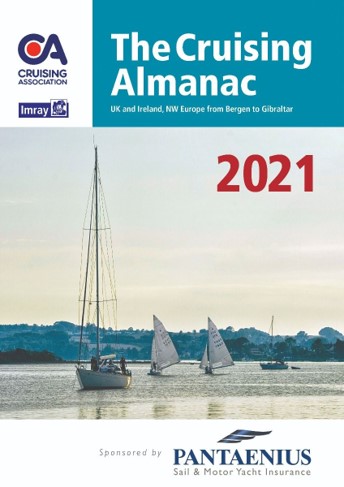

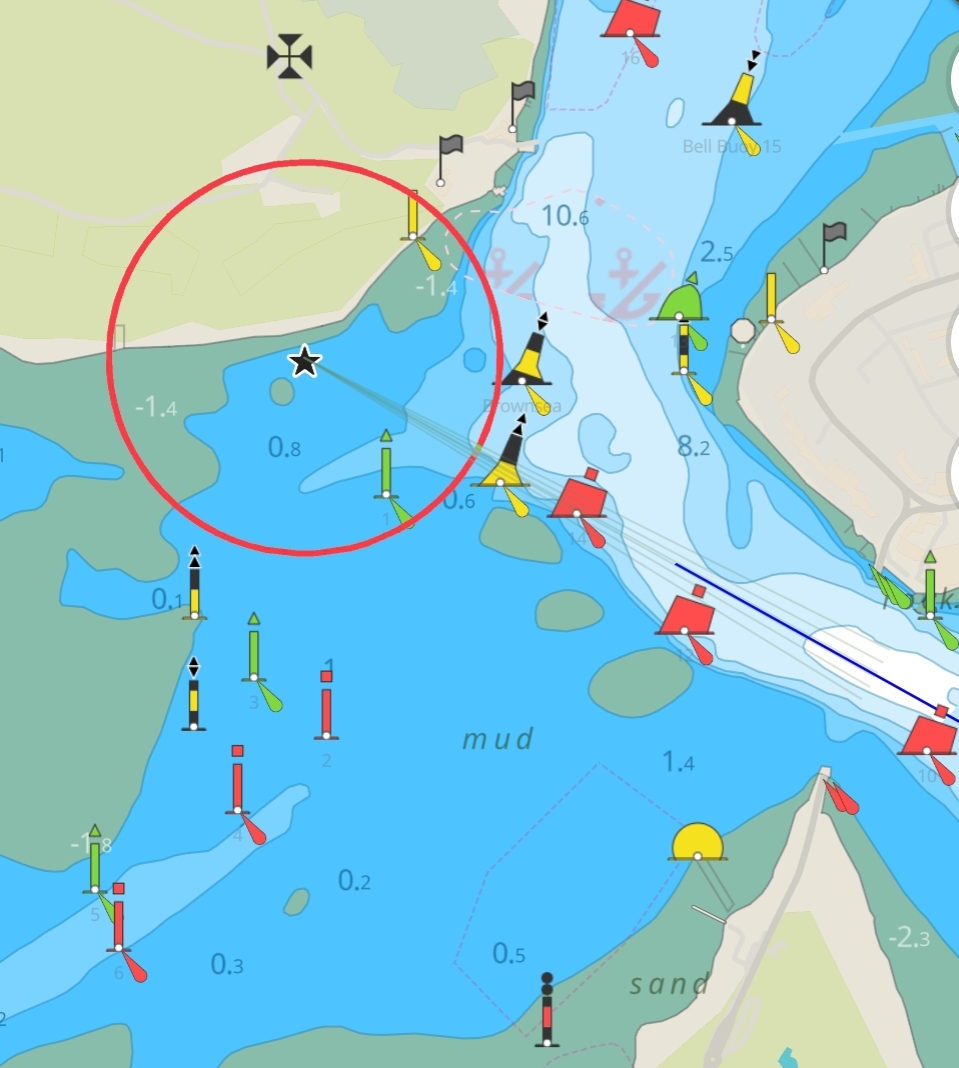
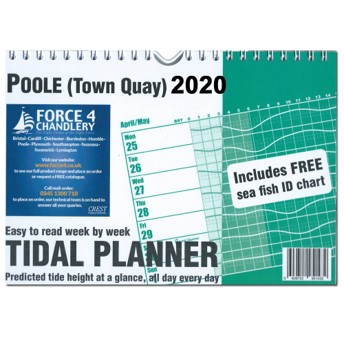
LNTMs
And the last paragraph brings us neatly to making sure we are up to date with harbour byelaws. PHC and most Harbour Authorities now have user friendly websites. Don’t forget to subscribe to receive updates when new LNTMs are issued. They might advise us of diving work in the harbour, parachute drops, changes to navigational marks etc. The link is here for Poole
Trailers and Launching
This could be a massive topic all of its own but we covered the salient points during our chat last week. Trailers need servicing and maintenance, as do the vehicles that do the towing. Check hitches, bearings, welds, trailer boards etc all before setting off. The RYA have some useful tips for launching and recovering in this article . Useful information on the need for loading trailers correctly can be seen in this video
Refresher Skills
Finally, think about your own skillset. Is there anything you need to practice before going afloat again? Perhaps you need a reminder on how to use a plotter for making a pilotage plan? Maybe you need a reminder on basic boat checks before starting up the engine. It could be that you would like the reassurance of a trip out on the water to gain confidence at berthing or finding routes. Drop us a line if we can help. Its not just courses we run but also bespoke training.
We wish you a happy and safe boating season ?
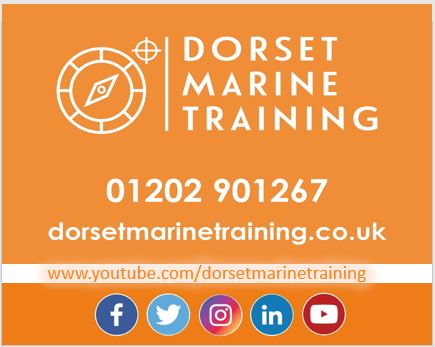
About us:
Dom and Sarah run Dorset Marine Training based in Poole Harbour. We also run Harbour Sea School for The Boat Club based at Parkstone Bay Marina. We designed these blog articles are designed as reminders for those that have been along to our online training talks. Hopefully others find them useful too. We are unable to cover everything in a short blog article and make it relevant to everyone. You should seek formal advice or qualifications if necessary. If we can help further please drop us a message.











